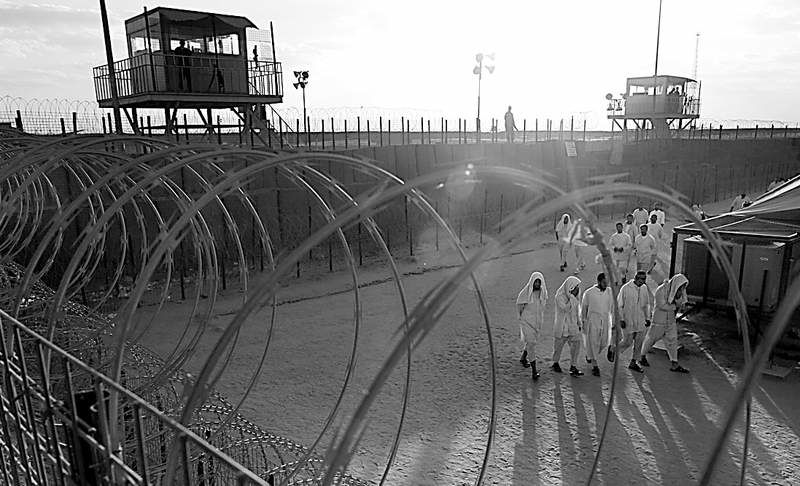After 6 years, ticking clock alters U.S. role
Published 4:00 am Saturday, March 7, 2009

- Camp Bucca, the largest U.S. detainment facility in Iraq, is expected to close soon, with the inmates being handed over to Iraqi authorities. U.S. commanders are considering using the base as a way station for troops heading home.
MAHMUDIYA, Iraq — As he returned to base here after a day patrolling a place once called the Triangle of Death, Capt. Landgrove Smith of the 1st Battalion, 63rd Armor, summarized the war in Iraq in a way that would once have been unthinkable.
“We’re in the endgame now,” he said.
Trending
President Barack Obama’s plan to withdraw U.S. forces called for the end of combat operations by August 2010, but here in Mahmudiya, as in many parts of Iraq, the war is effectively over, the contours of an exit strategy having taken clearer shape.
There is no guarantee that Iraq will remain stable, that the nihilistic violence of al-Qaida in Mesopotamia will not continue, or that the sectarian bloodletting of 2006 and 2007 will not return. Crucial questions about how to share political power and oil money are not yet answered. While Iraq’s security forces have improved, they remain heavily dependent on the Americans.
Still, as an economic depression often becomes clear only in hindsight, so have the changes in the U.S. war effort.
Attacks are at the lowest level since September 2003, falling 70 percent since last March. Scores of outposts have closed as U.S. forces regroup on larger bases as a prelude to withdrawing from virtually all cities by June. Commanders at Camp Bucca in southern Iraq plan to close the U.S.-run prison there, turning its inmates over to Iraqi authorities, and are considering using the base as a way station for troops heading home.
In Iraq today, on the eve of the war’s sixth anniversary, only two significant combat operations are under way: one in Mosul and one in Diyala. Neither is on the scale of past operations, and in both, the Iraqi army has the lead.
The main mission has instead shifted almost entirely from combat to stability operations, from fighting insurgents to rebuilding Iraq’s services and shattered economy in a way that could offer a better chance for the country to succeed, making America’s exit more like a victory than a retreat.
Trending
The task now involves the sort of effort that former President George W. Bush initially sought to discredit: nation building. It means ceding real control to Iraq’s government, something that the United States has previously done more in word than in deed.
“We need to take our hands off the handlebars, or the training wheels, at some point,” Maj. Gen. David Perkins, the chief U.S. spokesman, said Monday.
Al-Maliki makes Sunni overture
BAGHDAD — In an overture to Sunnis, Iraq’s prime minister called on Iraqis on Friday to reconcile with former supporters of Saddam Hussein’s Sunni-dominated regime.
The call by Prime Minister Nouri al-Maliki, made in a speech to leaders of a Shiite tribe, appears aimed at making political inroads in Sunni areas that gave his allies little support in the Jan. 31 provincial elections.
— The Associated Press








